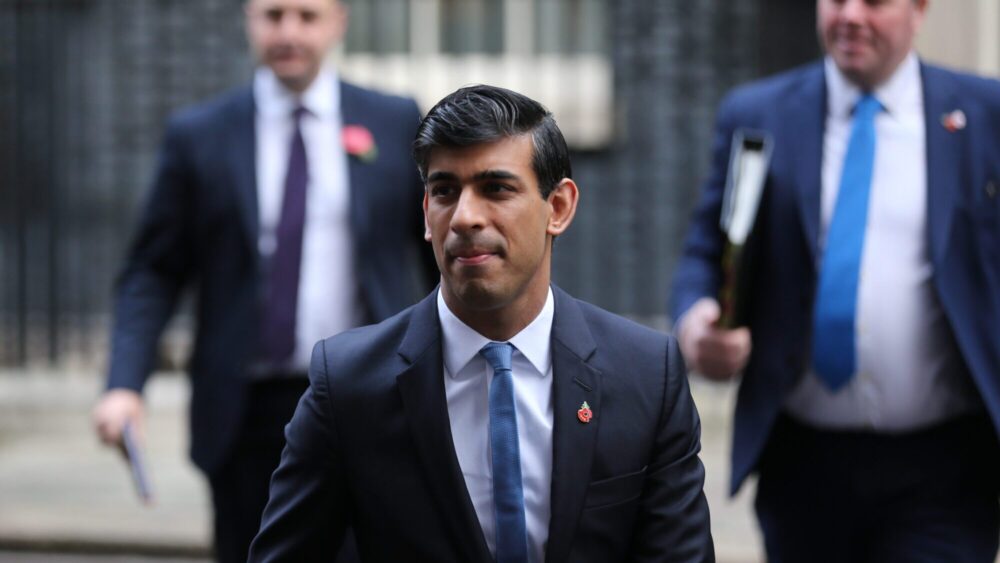
I T S / Shutterstock.com
Two top Tories have quit rather than support Rishi Sunak’s ‘flagship’ Rwanda Bill in Parliament. Lee Anderson—whose initial appointment was designed to retain ‘Red Wall’ working class former Labour voters—resigned as Deputy Chairman, as did fellow Deputy Chairman Brendan Clarke-Smith, who called the need for tougher legislation an argument “I have consistently made and will continue to make.”
Anderson and Clarke-Smith were joined by Jane Stevenson, stepping down from her post as a parliamentary private secretary in the Department for Business and Trade. All three quit paid cabinet roles, but continue for now to work as members of Parliament.
Leading Conservatives claim their leader has missed his “last opportunity” to get the legislation right. Sixty Conservative MPs, representing around 17% of the parliamentary party, rebelled against their own government in a bid to toughen up the bill.
In a joint resignation letter, the former deputy chairmen said:
We have already had two pieces of legislation thwarted by a system that does not work in favour of the British people. It is for this reason that we have supported the amendments to the Rwanda bill. This is not because we are against the legislation, but because like everybody else we want it to work.
After the rebel-backed amendments did not pass through the Commons, Migration Watch UK Chairman Alp Mehmet said that the bill will not ever work. He told The European Conservative:
The former home secretary, Suella Braverman, and immigration minister, Robert Jenrick, both lawyers, say the bill as it stands will not do the job. They should know. If the legislation needed does not make it onto the statute book, flights to Rwanda are highly unlikely to take off before the election.
Conservative ‘rebels’ decided at the last minute against voting down the Rwanda Bill in December, despite insisting that Sunak had ignored their demands to toughen up the legislation. The Bill—drawn up to address the Supreme Court’s ruling that the plan to send illegal migrants to Rwanda for processing was unlawful–has been accused of failing to ensure that future deportations won’t be blocked by courtroom challenges. But the prime minister is said to be reluctant to make any changes for fear of upsetting his party’s more liberal wing.
Activist human rights lawyers have questioned the safety of the central African state as a temporary destination for UK ‘small boats’ arrivals while their asylum claims are processed. If enacted, the legislation would declare Rwanda a safe country and overturn the legal objections to ‘offshoring’ migrants there. In turn, argues Sunak, this would provide a deterrent to illegal channel crossings and “break the business model” of the people traffickers.
Having refused to support amendments on Tuesday, , the prime minister has increased the likelihood of these same rebels sticking to their guns and voting against the bill’s third reading on Wednesday. Earlier rejected amendments include one from Jenrick—who last month quit as immigration minister over his belief the whole plan is doomed—which he claimed would “address the evident flaws of the bill” by making it more difficult for migrants to challenge deportations.
Any further failure to fulfil his high-profile ‘stop the boats’ pledge would come at a particularly bad time for Sunak, who was recently reported to have never believed the Rwanda Plan would work. Internal party feuding over this issue will further undermine his electoral prospects, given new polling that suggests the immigration issue will play a major role at the next general election.
Whether further rebellions will bring the legislation into line with the public mood, they signal a Conservative government in terminal decline.
